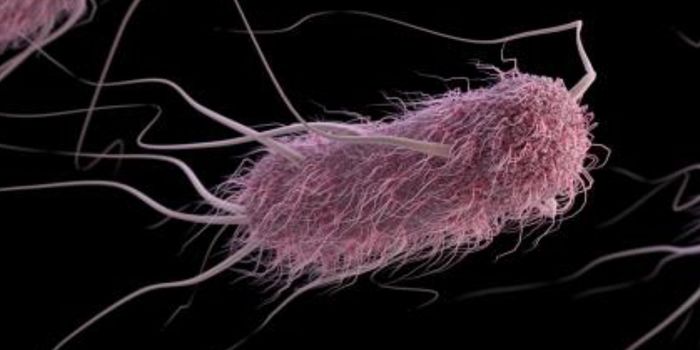DNA Can Reveal Treatments for Lung Cancer in 'Never-Smoked' Patients
There is a well-known causal connection between smoking and lung cancer, and most research on lung cancer has been focused on people with a history of tobacco use. But people that do not smoke can still get the disease. Researchers have been working to learn more about why that happens, and scientists have also found that genetics can play a role. A new study in the Journal of Clinical Oncology has suggested that it could be possible to treat 78 to 92 percent of lung cancers in 'never-smokers' with drugs that already exist and are approved for other uses.
Lung cancer in non-smokers can be promoted by so-called cancer-driving mutations in cancer cells. These genetic mutations can impact biochemical pathways in cells, and for many, there are already drugs that act on these pathways. This study indicated that most people who have never smoked but have lung cancer also carry driver mutations, but those mutations are only found in about half of lung cancer patients who were smokers.
Senior study author Ramaswamy Govindan, MD, a professor of medicine at the Washington University School of Medicine in St. Louis noted that the studies that have investigated lung cancer in never-smokers have not searched for mutations that might be targeted for treatment. This work shows it's possible with the right data.
"The patient must have a high-quality biopsy to make sure there is enough genetic material to identify key mutations. But testing these patients is critical. There is a high chance such patients will have an actionable mutation that we can go after with specific therapies,” said Govindan.
In this research, the scientists assessed lung adenocarcinomas from 160 people with no history of tobacco smoking. Mutation patterns were analyzed, and the study revealed that lung tumors in smokers have about ten times as many genetic mutations as never-smokers' tumors. Heavy exposure to tobacco smoke causes significant changes in cells, but those signs weren't found in never-smokers, said Govindan.
Interestingly, only about 7 percent of never-smoker lung cancer patients were born with genetic mutations predisposing them to developing the disease. It may be that researchers have not identified all of the genes that increase lung cancer risk, suggested Govindan.
“There appears to be something unique about lung cancer in people who have never smoked. We didn’t find a major role for inherited mutations, and we don’t see evidence of large numbers of mutations, which would suggest exposure to secondhand smoke."
This research also showed that the mutations in lung tumors of never-smokers don't usually involved immune genes, which can help explain why the patients sometimes aren't responsive to immunotherapies.
Sources: Washington University School of Medicine, Journal of Clinical Oncology









